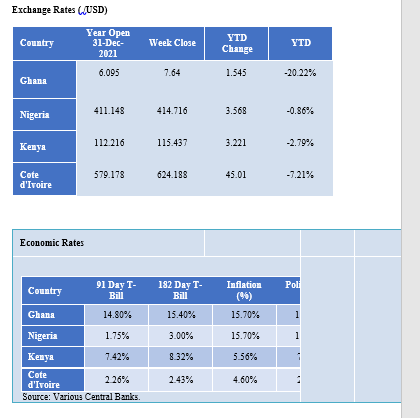The nature and frequency of rising temperatures, floods, rising sea levels, and droughts show the effect of climate change on the environment, economy, and spatial. Generally, Greenhouse gas emissions emerge from the consumption of fossil-fuel-based energy directly or indirectly used to produce housing electricity, the use of heavy construction materials, insulation, cooling, and refrigeration systems to mention but a few of some real estate activities that strongly influence climate change adversely.
In the United States, both commercial and household buildings are responsible for about 40 percent of carbon dioxide emissions with major culprits being lighting, cooling, heating, and appliance operations.
According to the Affordable Housing in Africa publication by International Finance Corporation (IFC) in 2019, it indicated that more than 40,000 people move to urban centers each day in search of prosperity. It is no wonder why housing has become a very topical issue within sub-Saharan African countries with a huge gap between demand and supply, especially in urban areas.
Urban planning thus is very critical in the socio-economic development as well as the advancement of industrial investments and productions of a country but unfortunately, most African governments have failed in this regard (Lack of visionary and long-term planning). The United Nations in its Sustainable Development Goals (SDG) 11 targets making cities inclusive, safe, resilient, and sustainable. Similarly, SDG13 also considers taking “urgent action to combat climate change and its impacts.
With the sprouting out of apartments, estates, condominiums, and other high-rise buildings in Africa’s major cities especially in Accra, Abuja, Addis Ababa, Johannesburg, and other urban areas, there is a need for homeowners and real estate investors to consider climate change friendly approaches in their quest to bridge the housing deficit.
There are two main approaches identified to help address climate change issues in the real estate sector. These are the;
Mitigation Approach: This relates predominantly to measures taken by realtors and building companies to ensure a reduction in greenhouse gas emissions with emphasis on clean, efficient, and renewable energy sources and water efficiency retrofits.
Adaptation Approach: the focus is channeled to the planning and adjusting to the prevailing climate change-induced situations. Companies in threatened locations must weigh the cost and benefits of moving to safer locations versus retrofitting existing ones. Either way, the cost to design and construct buildings to withstand natural disasters, consume less energy, and utilize green materials is high. Rising sea levels are gradually making seaside lands less demanded as the opposite is true for hilly lands.
To achieve sustainability in the building sector, there should be a mix of incentives, regulations, and public education on climate change approaches adapted by building and real estate firms as well as financial assistance to climate-friendly real estate companies to ensure collective gain as a continent.
Real Estate players in either commercial or residential building should ensure the buildings emit fewer greenhouse gasses over their usable life and they are able to withstand climate change effects such as floods and storms. Homeowners and Real estate investors should plan, manage and design their apartments by imbibing sustainable and renewable designs which minimize the amount of energy and water used by buildings during both the construction and habitation phases.
Also, designs to make use of natural ventilation to avoid overreliance on air conditioning, roof drainage, rainwater collection and storage systems, energy-efficient lighting, water heater, and water-saving features and fittings must be a priority. Renewable technologies such as rooftop solar panels for energy efficiency is a must in Africa because of our favorable weather condition in this regard.
It is expected that the effects of climate change will be lingering on, but it is very important for African urban buildings to adapt to climate-friendly structures, so as to cope with storms, floods, water scarcity, and energy issues. In the end, every sphere of the real estate industry will not escape the effect of climate change; Insurers, investors, lenders, developers, property owners, and regulators. Going Green is the more sustainable way to fight the climate change menace.
Exchange Rates ( /USD)
Country Year Open 31-Dec-2021 Week Close YTD Change YTD
Ghana 6.095 7.64 1.545 -20.22%
Nigeria 411.148 414.716 3.568 -0.86%
Kenya 112.216 115.437 3.221 -2.79%
Cote d’Ivoire 579.178 624.188 45.01 -7.21%
Economic Rates
Country 91 Day T-Bill 182 Day T-Bill Inflation (%) Policy Rate (%)
Ghana 14.80% 15.40% 15.70% 17.00%
Nigeria 1.75% 3.00% 15.70% 11.50%
Kenya 7.42% 8.32% 5.56% 7.00%
Cote d’Ivoire 2.26% 2.43% 4.60% 2.50%
Source: Various Central Banks.










